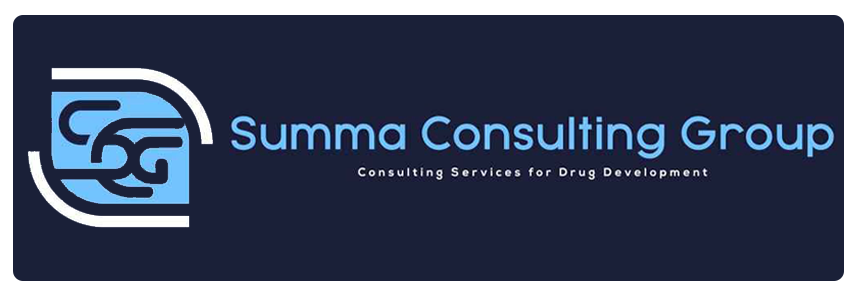"Targeted Therapy Transformed: The Rise of ADCs in Modern Oncology"
Antibody-drug conjugates (ADCs) significantly advance targeted cancer therapy, offering a blend of precision, potency, and reduced toxicity. ADCs cleverly combine the specific targeting capabilities of antibodies with the cell-killing power of cytotoxic drugs. Here's a closer look at this innovative therapeutic approach:
Understanding Antibody-Drug Conjugates
ADCs are complex molecules composed of three main components:
Antibody: The antibody in an ADC is designed to bind specifically to a protein expressed on the surface of cancer cells.
Cytotoxic Drug: This potent drug, often a chemotherapy agent, is lethal to cells.
Linker: This crucial component connects the antibody to the cytotoxic drug and is stable in the bloodstream but breaks down inside target cells to release the drug.
How ADCs Work
ADCs operate on a "lock-and-key" principle. The antibody portion of the ADC (the "key") binds to a specific antigen (the "lock") found on the surface of cancer cells. Upon binding, the ADC-cancer cell complex is internalized into the cell, where the linker is degraded, releasing the cytotoxic drug. The drug then kills the cancer cell from the inside.
Advantages of ADCs
Targeted Therapy: Unlike traditional chemotherapy, which affects all rapidly dividing cells, ADCs specifically target cancer cells, sparing healthy cells and reducing side effects.
Increased Potency: The ability to deliver potent drugs directly to cancer cells enhances the efficacy of the treatment.
Reduced Systemic Toxicity: By minimizing exposure of healthy cells to the cytotoxic drug, ADCs reduce the overall toxicity of the treatment.
Current ADCs and Clinical Use
Several ADCs have been approved for clinical use, treating various cancers such as breast cancer, lymphoma, and leukemia. These include:
Trastuzumab emtansine (Kadcyla) for HER2-positive breast cancer.
Brentuximab vedotin (Adcetris) for Hodgkin lymphoma and systemic anaplastic large cell lymphoma.
Challenges and Future Directions
Despite their promise, ADCs face challenges:
Target Antigen Selection: Identifying ideal antigens that are exclusively or predominantly expressed on cancer cells is challenging
Linker Stability: Developing linkers that are stable in the bloodstream but release the drug efficiently inside cancer cells is complex.
Resistance and Relapse: Some patients may develop resistance to ADCs, and strategies to overcome this are being researched.
The future of ADCs is bright, with ongoing research focused on improving their efficacy, reducing side effects, and expanding their use to more cancer types. As our understanding of cancer biology grows, so does the potential for ADCs to revolutionize cancer treatment.
Experts in the field of antibody-drug conjugates (ADCs) have highlighted several key points and recent developments in this area:
Innovative Molecular Designs: ADCs are a promising cancer treatment modality that enables the selective delivery of highly cytotoxic payloads to tumors. However, to realize their full potential, innovative molecular designs are needed to address clinical challenges such as drug resistance, tumor heterogeneity, and treatment-related adverse effects.
Emerging ADC Formats: Several emerging ADC formats exist, including bispecific ADCs, conditionally active ADCs (also known as pro-body-drug conjugates), immune-stimulating ADCs, protein-degrader ADCs, and dual-drug ADCs. Each offers unique capabilities for tackling various challenges. For example, pro-body-drug conjugates can enhance tumor specificity, whereas bispecific ADCs and dual-drug ADCs can address resistance and heterogeneity with enhanced activity.
Importance of Patient Stratification and Biomarker Identification: For emerging ADCs, patient stratification, and biomarker identification are crucial to identify patients most likely to benefit. As understanding of tumor biology deepens and ADC design is refined, there is potential to develop truly effective and safe ADCs for patients with treatment-refractory cancers.
Roche's Renewed Interest in ADCs: Roche, a major pharmaceutical company, has shown renewed interest in ADCs. They in-licensed a c-MET ADC from China’s MediLink Therapeutics at the beginning of 2024, indicating a shift in their approach to ADCs. Roche's strategy involves looking for clinical data, particularly in the early stages, to determine the safety and effectiveness of ADCs
Challenges and Opportunities
Despite the promising outlook, ADCs face challenges such as target antigen selection, linker stability, and the development of resistance. However, there is a strong belief in the innovative potential of ADCs to bring unusual value to patients.
In summary, experts view ADCs as a highly promising area in cancer treatment with significant potential for improvement and innovation. The focus on patient-specific factors and the development of new ADC formats are key to overcoming current challenges and enhancing the efficacy of these treatments.

